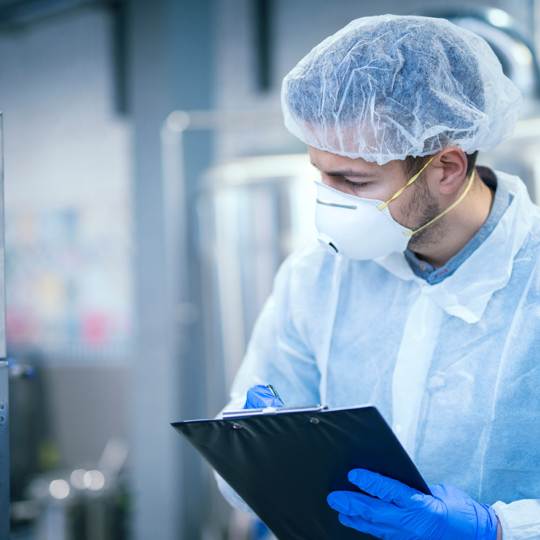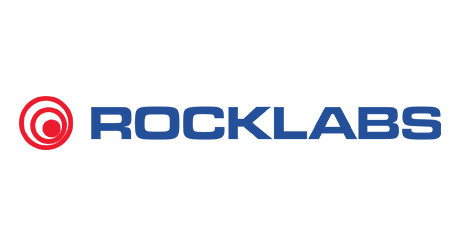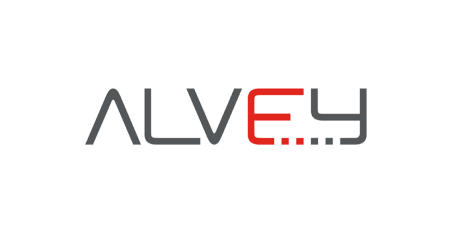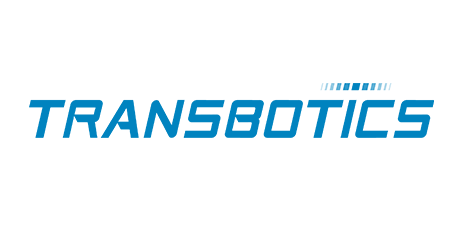Select your region / language
Automation for improved hygiene and food safety compliance

Complying with sanitation and other food safety regulations is made easier with automation, allowing manufacturers to focus on ensuring their product quality.
The Food & Beverage industry has some of the strictest hygiene compliance restrictions of all sectors. Handling food-grade products for human consumption means sanitation is always front of mind for most manufacturers. Products need to be consistently produced in line with local regulations, moved around a facility so they don’t spoil, and be packaged in a way that they will not be damaged in transit. Automation allows this complex process to be done effectively, in line with hygiene requirements while minimising wastage, disruptions, and defective products.
An automated system is easily kept clean. It is built to withstand rigorous wash-down procedures and experience no downtime due to illness or injury. Predictive maintenance is made easy by using data gained from the process. The system can tell you what requires maintenance and work can be scheduled and performed with minimal disruption to the production line versus a full-scale breakdown. This can reduce overall maintenance and repair costs as well as avoiding costly shutdowns.
Apart from predicting when machines on the automated line will need maintenance, automation can also monitor and predict areas where potential errors may occur. For example, the system can pick up defects in ingredients before they are even used in the production line, further eliminating any quality control issues later. It can tell if the temperature in a part of the line needs to be different to preserve the integrity of the product and adjust it accordingly to avoid a food safety hazard. The system will monitor your supply chain for any issues, letting you know how to fix them, improving operations for maximum efficiency, and smoothing out the bumps in the production process.
As new regulations are implemented or existing ones are changed, automated lines can be tweaked to meet these new restrictions easily and often without any major changes. An automated line will always meet regulatory standards without compromising the quality or efficiency of production. When using manual labour, changes in compliance will often mean upskilling or the additional training of staff or new equipment – both outcomes come at a cost, both to the bottom line and in lost time. Updates in compliance standards are easily implemented on an automated system, simply by updating software or tweaking the process slightly, like predictive maintenance, there would be minimal downtime and the cost of retraining or extra staff is eliminated.
Automation allows the Food & Beverage industry to provide high-quality, food-grade products with minimal risk of spoiling, damages, and defects. The way the systems are designed and built means keeping it clean and sanitised for production is easy, maintenance is timely, and there are minimal disruptions to production to allow these critical processes to occur. Compliance with sanitation and regulations is made easier with automation, allowing businesses to concentrate on what is most important – ensuring their product is produced safely to a high standard, meeting their consumer’s needs.
Our Solutions For the Food & Beverage Industry
Scott design, build and implement automated solutions for the Food & beverage industry, handling a diverse range of food and beverage products including fresh produce, snack foods, dairy, frozen and chilled products, plus a wide range of beverages including bottles, crates and kegs.



